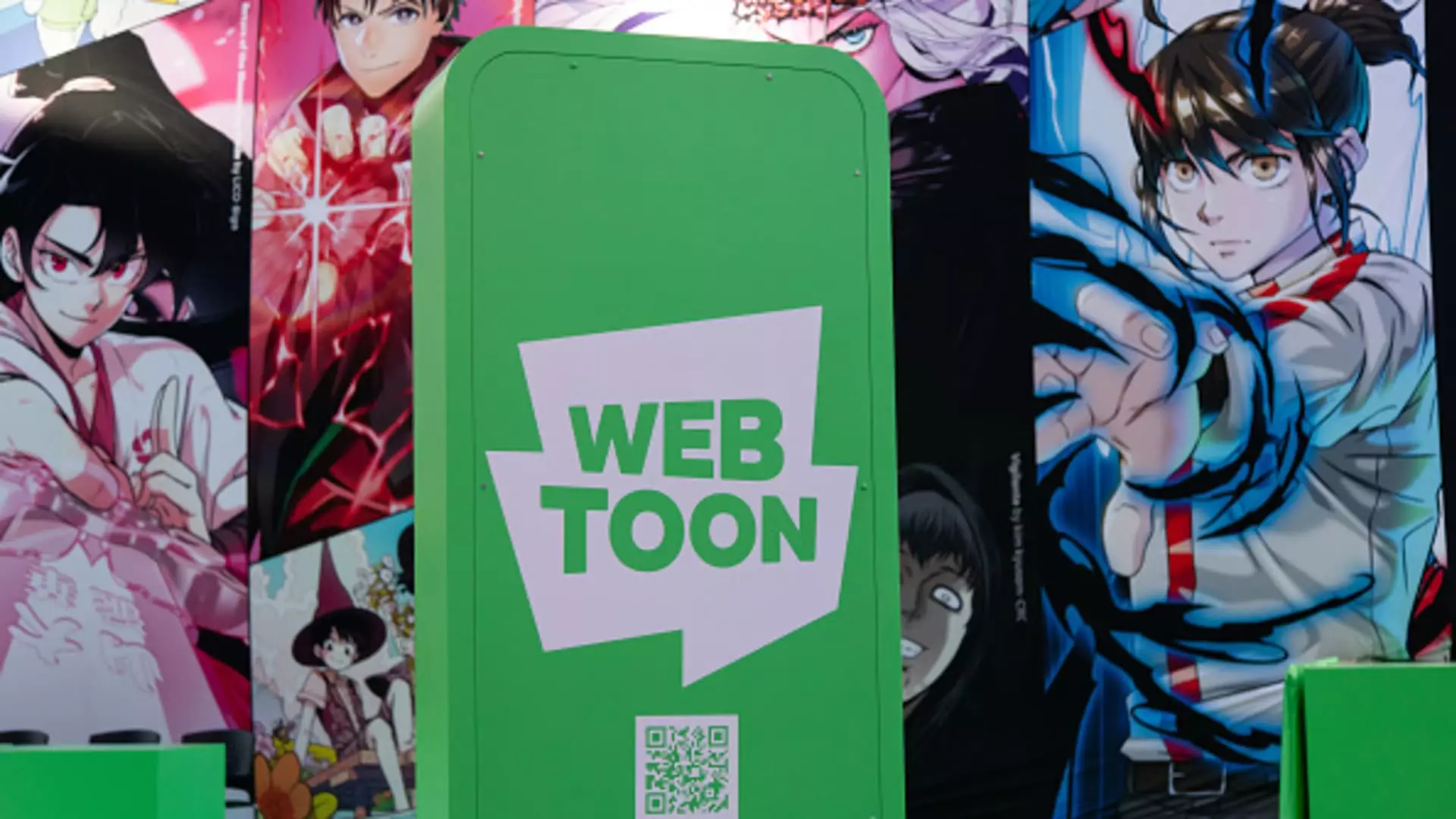Webtoon Entertainment’s recent deal with Disney represents a daring stride into a sprawling digital universe, capturing investor enthusiasm and igniting a remarkable surge in stock value. The company’s agreement to develop a unified digital platform encompassing Disney’s formidable IP — Marvel, Star Wars, Pixar, and 20th Century Studios — signifies more than a traditional licensing deal; it’s a bold gamble on the future of digital comics and entertainment distribution. The immediate market reaction was visceral: shares soared over 36% in a single day, signaling investor confidence—and perhaps overconfidence—in Webtoon’s potential. While such a leap is impressive, history warns that rapid valuations often defy fundamentals, leaving one to question if Webtoon can sustain this momentum long-term.
Complacency in Content Is No Longer Viable
The sheer volume of content—more than 35,000 Disney-related comics—redefines what a digital comic platform can become. By consolidating a vast library under one subscription, Webtoon is aiming to democratize access and elevate its profile from niche player to industry leader. Yet, success hinges on delivering an engaging, user-friendly experience and convincing a predominantly English-speaking audience to embrace a tiered service that must compete with both established giants and emerging platforms. The trend toward consolidation in content is clear, but this strategy carries the peril of diminishing returns if users perceive the offering as yet another paywall. Maintaining quality, relevance, and uniqueness amidst a saturated digital landscape remains the biggest challenge.
Is Webtoon’s Ambitious Expansion a Sound Investment or a Reckless Venture?
The optimistic narrative favors Webtoon as the future hub for globally distributed IP, bolstered by Disney’s backing. The company’s stock has more than doubled in three months, and analysts highlight its growing valuation driven by a potentially lucrative pipeline of recurring revenues. Yet, skepticism is warranted—particularly from those cautious of the heavy investments needed to build and promote this new platform. Morgan Stanley’s cautions about initial costs and slow returns are not unfounded. There’s an inherent risk in betting big on a platform that must not only attract existing Disney fans but also carve out a distinct identity that can compete with Netflix, Amazon, and other entertainment giants. The $2% equity stake subtly underscores Disney’s confidence that Webtoon could be a profitable, long-term partner, but it also signals a significant financial upside for Disney should the platform succeed.
The Long Road Ahead: Innovation or Overreach?
While the deal undoubtedly elevates Webtoon’s profile and validates its technological platform, it also exposes vulnerabilities. The critical question is whether Webtoon can transition from a comic-centric entity to a comprehensive entertainment ecosystem rivaling traditional media conglomerates. Some analysts argue that the move is an overreach—betting on future revenues that might never materialize in the short term. Others see it as a necessary evolution; in today’s landscape, traditional comics and entertainment are converging into multimedia experiences. For Webtoon, embracing such a strategy is both a leap of faith and a declaration that digital comics are no longer just niche content but a vital component of global entertainment—if they can effectively harness the resources and brand power Disney offers.

